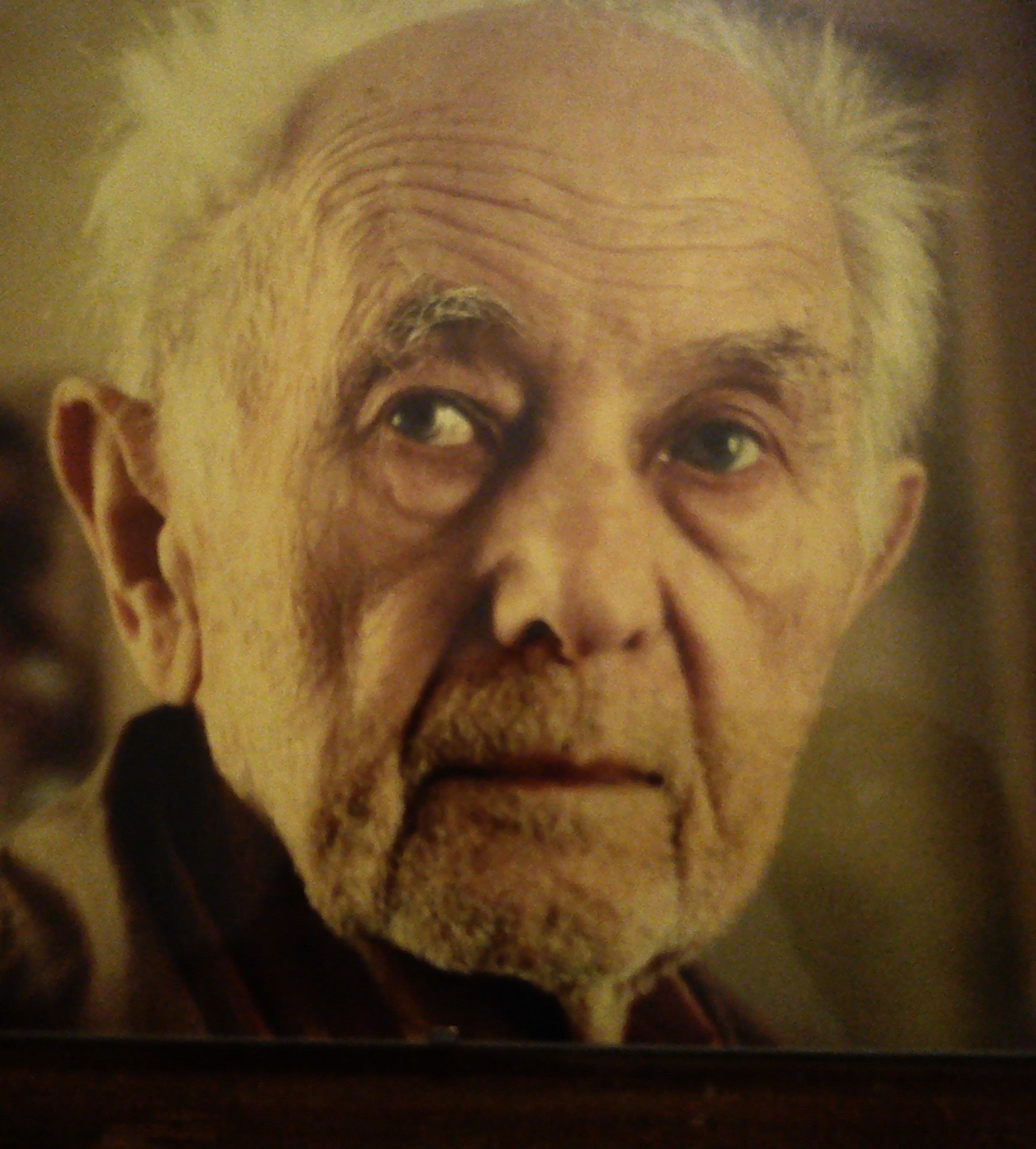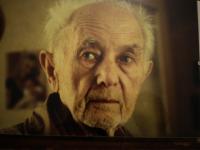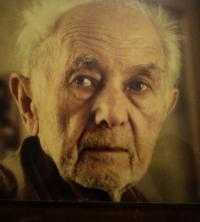They said we were the scum of the nation

Stáhnout obrázek
Lubomír Burdych was born August 7, 1928 in Studnice near Náchod as the second one of three sons of a local baker. He attended an elementary school in Studnice and then a higher elementary school in Česká Skalice. In 1943 he began studying a two-year chemical-textile school in Dvůr Králové. At the end of the war he was sent to do forced labour in the Kudrnáč factory in Náchod where gas masks were being produced. After the end of the war he went to Brno to study a higher school of chemistry. Immediately after graduation in 1948 he found a job in the Association for Chemical and Metallurgical Production in Ústí nad Labem. A year later he began his compulsory military service and due to his father being an entrepreneur, he was one of the first draftees who were sent to the newly formed Auxiliary Technical Battalions (PTP). He worked in coal mines for three years, at first in Litvínov and then in Karviná. After his release he returned to his previous job, but then he found new employment in the Synthesia company in Pardubice, where part of the production was transferred, and he continued working there until his retirement.

